Two Books Two Reviews
“Autumn leaves don’t fall, they fly. They take their time and wander on this their only chance to soar.”
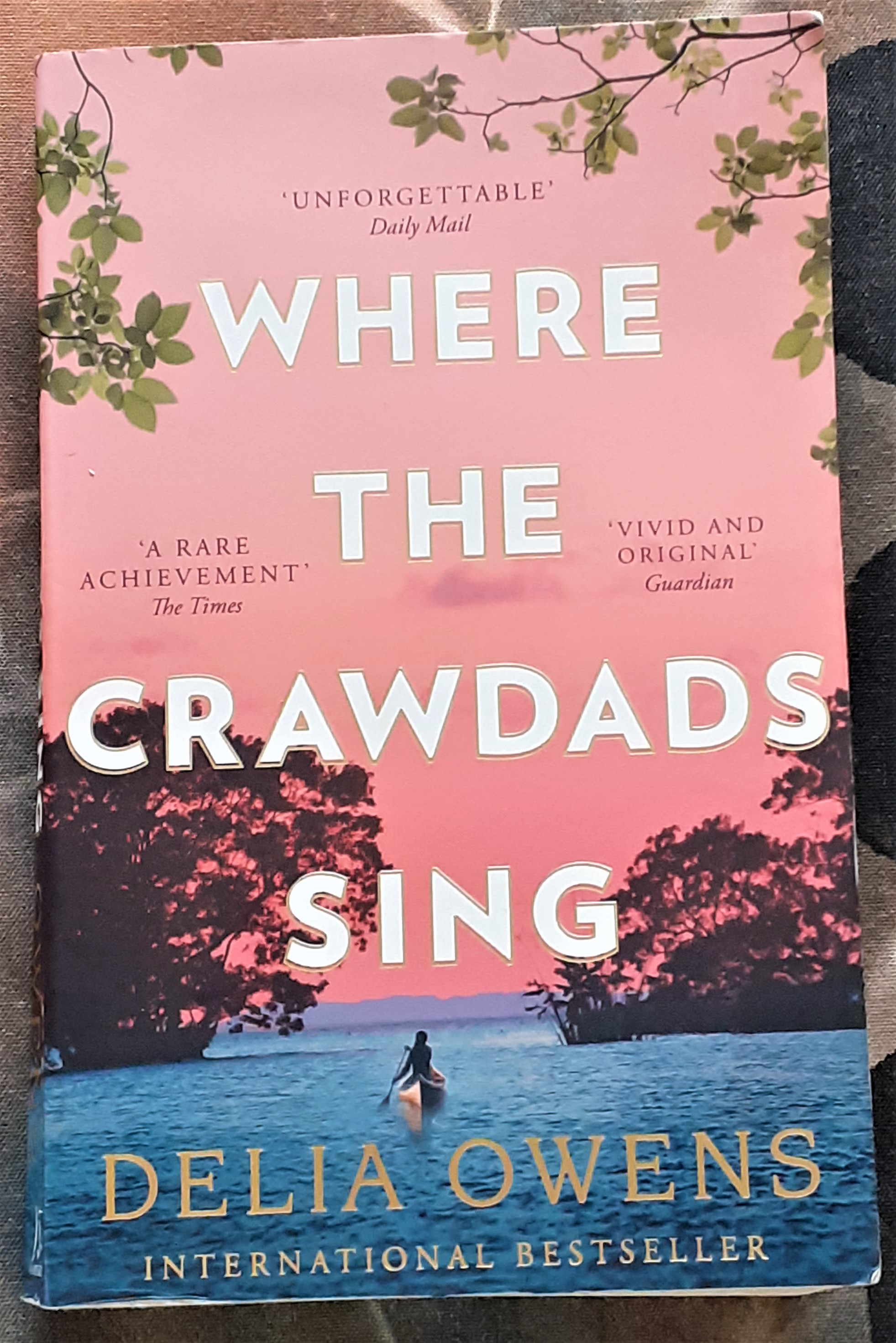
Where the Crawdads Sing by Delia Owens, published by GP Putnam’s Sons.
Many people who I perceive as avid readers and who would read the same type of books I do, have told me about this first novel by author Delia Owens.
Beautiful albeit sad, the prose is magnificent, almost wistful. The novel is set in the 1950’s/1960’s in North Carolina and throughout the story many racial and social divisions bubble to the surface.
Owen switches between two timelines: During the 1950’s when the main character, Kya Clark, the so-called March Girl, is about 6 years old and her mother leaves her. She grows up on her own in the swamp land. Her entire family eventually abandons her and she has to fend for herself. All her reference points come from her observation of nature around her. She sees how birds always fly back to their young and that makes her believe that her mom will come back.
As teenager she starts to attract attention from boys, especially two, Tate and Chase. They are interested in this different, almost wild, marsh girl. And although she is managing this solitary life, she also longs for company, for touch, for love, for trust. Maybe she can’t put it into words, but those are her feelings.
The other timeline is from 1969 onwards. Owen cleverly starts the novel with a prologue where the body of Chase Andrews, handsome town star is found in the marshlands and Kya is suspected of his murder. A storm of prejudice evolves around her and it also shows up the narrow-mindedness of the town people, who want her to be guilty.
The story moves between these two timelines until it collides.
Your sympathy lies with Kya, with the wrong that happens to her, the prejudices from people because they have more money and think they have more class. Owens obviously has an appreciation and knowledge of nature – having been a wildlife scientist all her life – because of her exquisite descriptions of the natural beauty of the marshlands.
A read not to miss.
Two Blankets, Three Sheets by Rodaan Al Galidi, published by World Editions and translated from the Dutch by Jonathan Reeder.
This is a story about an Iraqi refugee, Samir Karim, who seeks asylum in the Netherlands.
”This book is fiction for the reader who cannot believe it. But for anyone open to it, it is nonfiction,” he says in his foreword. So actually, it is an autobiography by Rodaan Al Galidi.
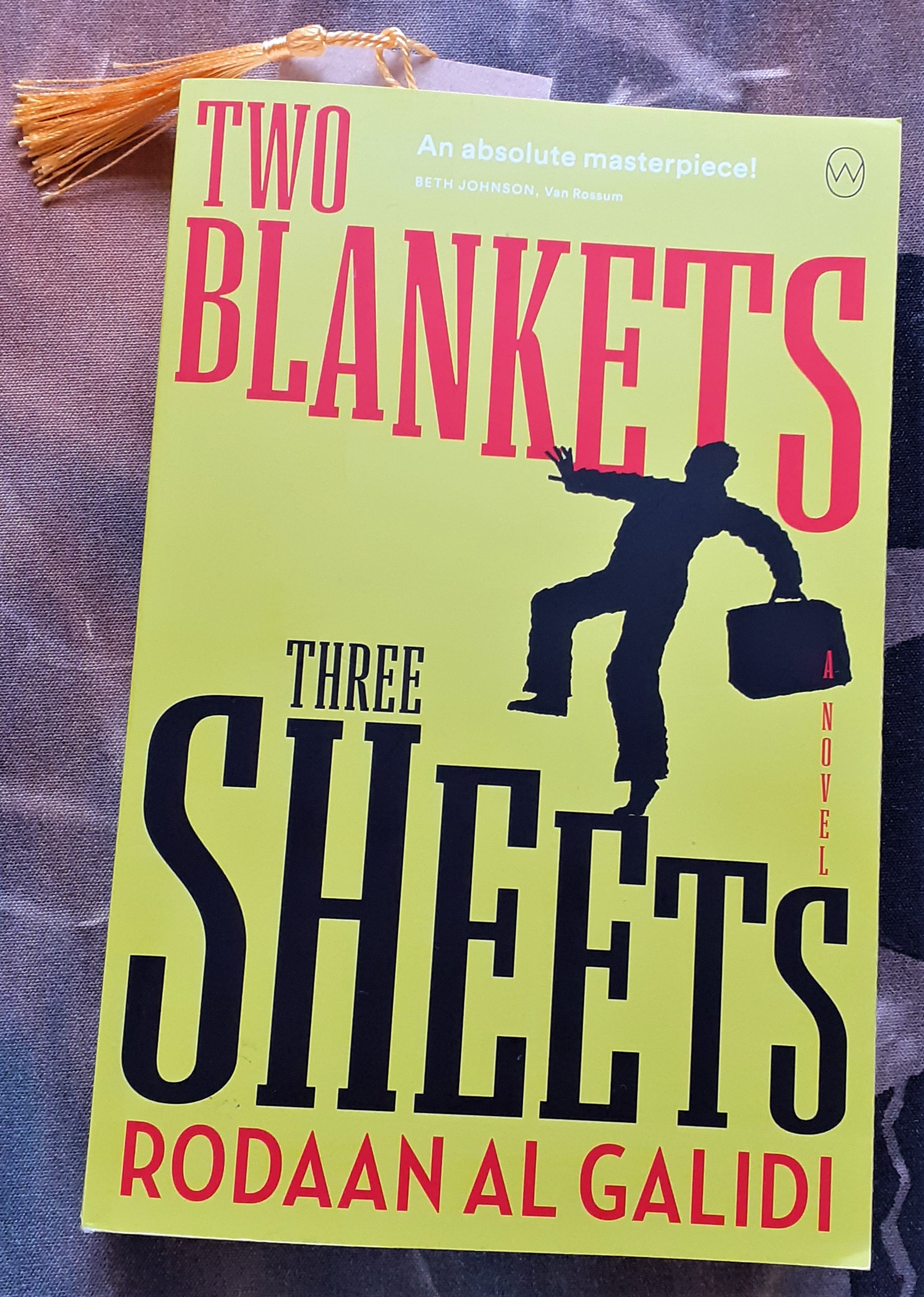
Samir lands at Schiphol Airport in 1998 and asks for asylum. Eventually he ends up in an Asylum Centre in the Netherlands. Living in this Centre he tells many tales of some of his 500 housemates. The good, the bad, the ugly and the funny. You get to know the people who he lives with, as well as the social workers and the volunteers.
But the system is terrible and all the different stories about people from mostly war-torn countries makes you sometimes despair for humankind. You can see how it gets too much for so many of them. During the nine years Samir was in the Asylum Centre eight asylum seekers committed suicide.
The author also relates how he got to Europe. After he tried to flee Iraq in order to escape Saddam Hussein’s army, he travels through Southeast Asia and experiences different ordeals, not only to survive, but also at border posts, using forged passports. These experiences are far more intriguing than many of the day-to-day Asylum Centre stories. Maybe that’s the point?
The Dutch immigration system as seen by Samir, is infuriating to say the least.
Refuge a human right
You would think that over all these years the original plan for human beings to be able to seek refuge in another country, is so humanly important, that governments would have come up with a streamlined system by now.
Why would anyone just want to leave everything familiar behind and go and live in a total foreign country? Usually just to be safe.
There are many reasons why people seek asylum – amongst them protection from persecution and serious human right violations. Seeking asylum is a human right. This means everyone should be allowed to enter another country to seek asylum.
Back to the book
I find the prose a bit heavy at times. But maybe it is the translation or over-explanation of the story.
There are also funny parts in the book. Samir explains how as asylum seekers they tried to fish bicycles out of the canal with a U-shaped hook on a rope, how precariously some of them cycled, but the bicycles were seen as a sort of freedom for many of them to get away from the Centre, for only a few hours.
The title also refers to the items: two blankets, three sheets, a towel, a pillow and a pillowcase the asylum seekers each got when they moved into the Centre and had to hand back when they left. Very precise.
You can’t blame Samir for not trying to keep busy. He tries so many things while waiting his nine years in the Centre. He tries any kind of work to earn extra money, he goes to the library to teach himself Dutch, starting in the children’s section, he tries to adopt a pet, he finds that cleaning fountain pens with the utmost concentration made people leave him alone, and so many more things.
And, I definitely don’t agree with a statement that the Dutch don’t have a sense of humour. I might be biased because I have many family and friends living in the Netherlands, but I do know many of them have a wicked sense of humour.
After nine years Karim also gets his residence permit. He now lives in the Netherlands and writes books and poetry in his adopted language – Dutch. Hats off to him.
An intriguing and must read.
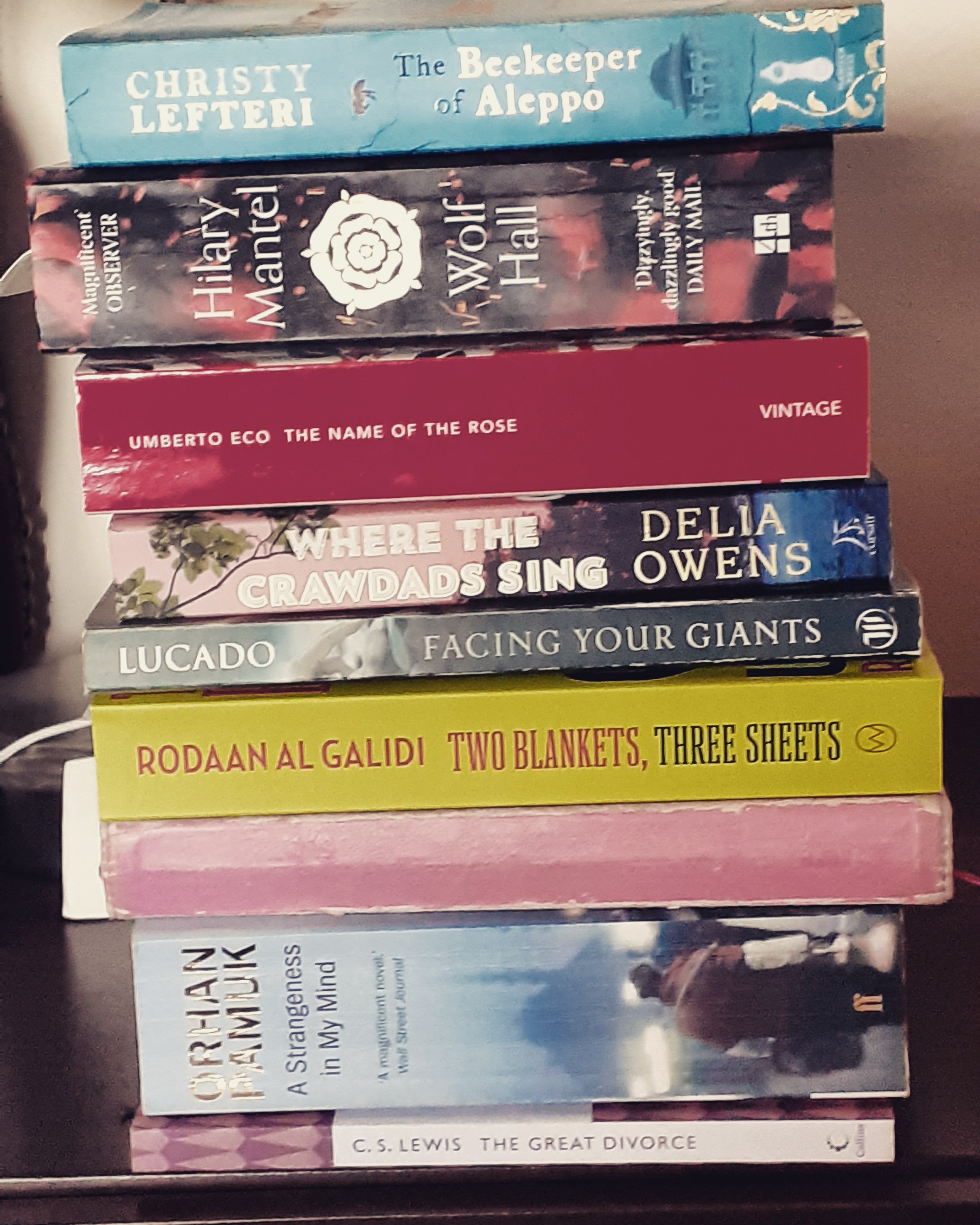


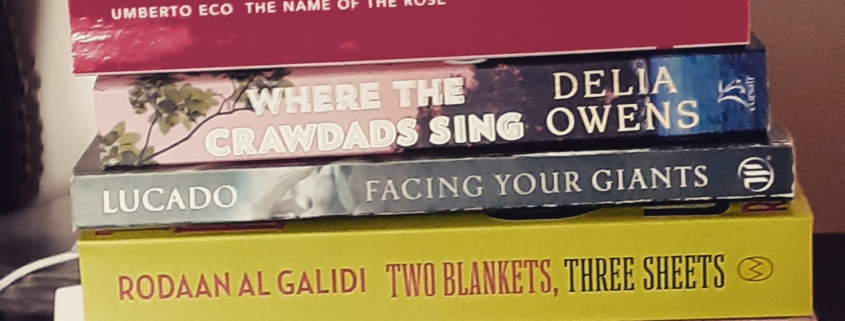
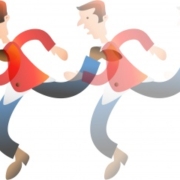
Leave a Reply
Want to join the discussion?Feel free to contribute!